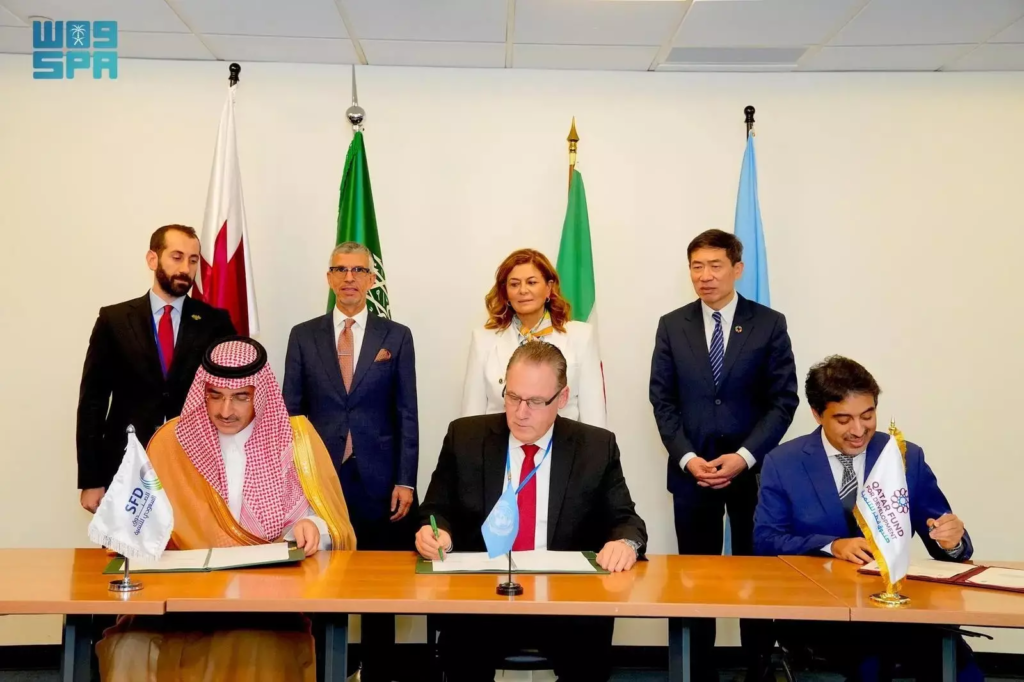Qatar is taking a significant step forward in the education sector by replacing the traditional annual renewal system with multi-year licences for private schools and kindergartens. This progressive move is designed to streamline administrative processes, enhance long-term planning, and provide a more stable environment for students, teachers, and school management. The reform reflects Qatar’s ongoing commitment to elevating educational standards and fostering innovation across its private education sector.
Simplifying Administrative Procedures
For years, private schools and kindergartens in Qatar have had to navigate the cumbersome process of annual licence renewals. This often involved extensive paperwork, inspections, and compliance checks, which consumed valuable time and resources. By transitioning to multi-year licences, educational institutions can now focus more on teaching and learning rather than administrative formalities.
School administrators have welcomed this change, noting that the previous system required repeated submission of documents, which sometimes delayed the opening of new academic sessions. With licences now valid for multiple years, schools can plan their academic calendars with greater certainty and allocate resources more efficiently.
Ensuring Stability for Students and Families
One of the most significant benefits of multi-year licences is the stability it provides to students and their families. Annual renewals often created uncertainty about the continuation of schooling, which could be stressful for parents planning their child’s educational journey.
With multi-year licences in place, families can feel assured that their chosen school will operate consistently over several years. This not only enhances trust in the private education system but also allows parents to make long-term educational and financial plans without fearing sudden changes in school operations.

Empowering Teachers and Staff
Teachers and staff in private schools have also benefited from this new licensing framework. In the past, frequent licence renewals could affect job security and create a sense of instability among educators.
The introduction of multi-year licences allows schools to retain and invest in their teaching staff more confidently. Teachers can focus on improving educational outcomes, developing new curricula, and engaging in professional development programs without the distraction of yearly administrative uncertainties.
Encouraging Long-Term Investment in Education
This licensing reform is expected to encourage private schools and kindergartens to make more significant investments in infrastructure, technology, and learning resources. When schools know they have a stable operational licence for multiple years, they are more likely to upgrade classrooms, introduce modern teaching methods, and expand extracurricular activities.
Long-term planning is no longer hindered by annual renewals, enabling schools to invest in projects that benefit students over several academic cycles. This could include building new science labs, enhancing sports facilities, or implementing advanced digital learning tools, ultimately raising the quality of education offered in Qatar.
Supporting Educational Innovation
Multi-year licences also open doors for innovation in teaching and learning. Schools can experiment with new programs, pedagogical approaches, and extracurricular activities without the fear of licence interruptions.
Educators can develop long-term projects, integrate technology-driven learning, and adopt international best practices to create a more dynamic educational experience. This shift aligns with Qatar’s vision to be a global leader in education, where quality learning experiences are prioritized and continuously improved.

Reducing Bureaucratic Burdens
Administrative efficiency is another key advantage of this policy. By eliminating the need for annual renewals, regulatory authorities can redirect their efforts toward quality assurance, school evaluations, and ensuring that educational standards are consistently met.
For schools, this means less time spent on regulatory compliance and more time dedicated to enhancing student outcomes. The reduction in bureaucratic procedures also lowers operational costs, allowing schools to reinvest savings into improving learning environments and teacher training.
Positive Impact on Reputation and Trust
This reform strengthens trust between the government, private schools, and families. A predictable licensing system signals that Qatar values the stability and growth of its private education sector.
Families gain confidence knowing that schools can operate smoothly for multiple years, while educators and administrators feel empowered to deliver higher-quality education. The overall perception of private schools is enhanced, attracting more families and fostering healthy competition to maintain excellence.
Aligning with Qatar’s Vision for Education
Qatar has consistently emphasized the importance of high-quality education in achieving its long-term national goals. By introducing multi-year licences for private schools and kindergartens, the country is reinforcing its commitment to sustainable and progressive education.
This policy encourages educational institutions to adopt forward-looking strategies, improve curricula, and prioritize student well-being. It also reflects Qatar’s focus on creating a modern, world-class education system that supports the growth and development of the next generation.
Conclusion
The transition to multi-year licences for private schools and kindergartens in Qatar represents a powerful step toward modernizing the education sector. By simplifying administrative processes, ensuring stability for students and families, empowering teachers, and encouraging long-term investment, this policy is poised to transform the private education landscape.
With a focus on innovation, efficiency, and quality, Qatar is setting a new benchmark for private education. This forward-thinking reform not only strengthens the confidence of all stakeholders but also aligns with the nation’s vision of creating a sustainable, globally competitive educational system. Families, educators, and students alike are now better positioned to thrive in an environment that values stability, excellence, and continuous improvement.
Do follow Gulf Magazine on Instagram.
Also Read – Jonjo Shelvey Prioritizes Family Safety and Lifestyle in Dubai Move



